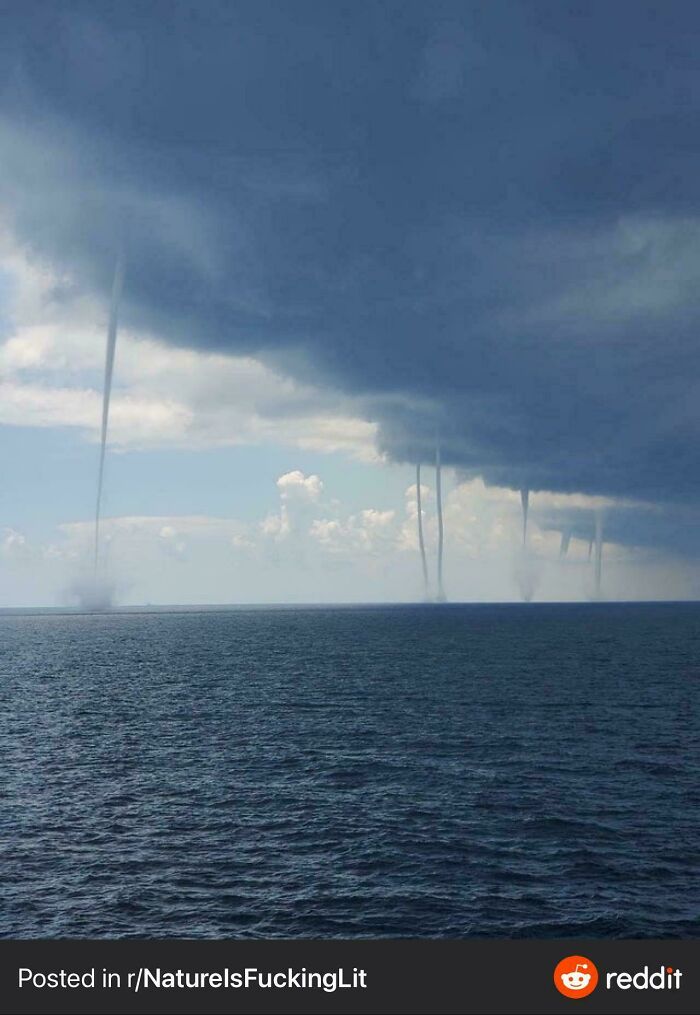You probably know that humans have only explored about 5% of the world’s oceans. But did you know that the number of viruses in the ocean outnumbers the amount of stars in the Milky Way? Or how about the fact that the deepest part of the ocean stretches down about 36,200 feet? How much do you know about hydrothermal vents? As it turns out, these deep sea vents can reach temperatures of up to 700 degrees Fahrenheit. But don’t worry, if you ever made it that far down, you’d likely be crushed by the water pressure before you were melted.
Are these facts starting to make you sweat? If so, you just might have thalassophobia, or the intense fear of large bodies of water. While many of us love a trip to the beach or going swimming in a warm lake in the summer, these places serve as other people’s worst nightmares. And if you’re certain that you’re purely a land creature, you might want to avoid this list. But if you’re interested in exploring the depths of the ocean and the insane amounts of power that water has, you’re in for a real treat.
The Thalassophobia subreddit has been around since 2013, and it’s become an incredibly popular place since then. It currently has 1.2 million members, and it is home to countless posts featuring how frightening and amazing the world’s bodies of water can be. From photos of creatures that look like they’re from another planet to gigantic waves that could take out entire towns, this online community certainly makes it clear how one could be scared of vast bodies of water. Personally, I’ve always loved swimming in the ocean and taking a trip to a lake, but it only takes one close encounter with drowning to remind you just how powerful water is.
If you’ve never heard of thalassophobia, let’s break down exactly what it is and how it typically manifests itself. Similar to any other specific phobia, Healthline explains that thalassophobia can include symptoms such as restlessness, feeling on edge or worried, being unable to concentrate, irritability, muscle tension, sweating or looking flushed, increased heart rate, trembling, chest pain or discomfort, a feeling of impending doom, a sense of loss of control, upset stomach, chills or hot flashes, and trouble sleeping. In short, it can certainly negatively impact a person’s quality of life.









